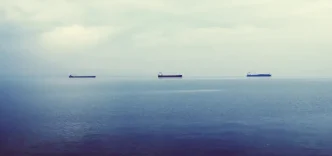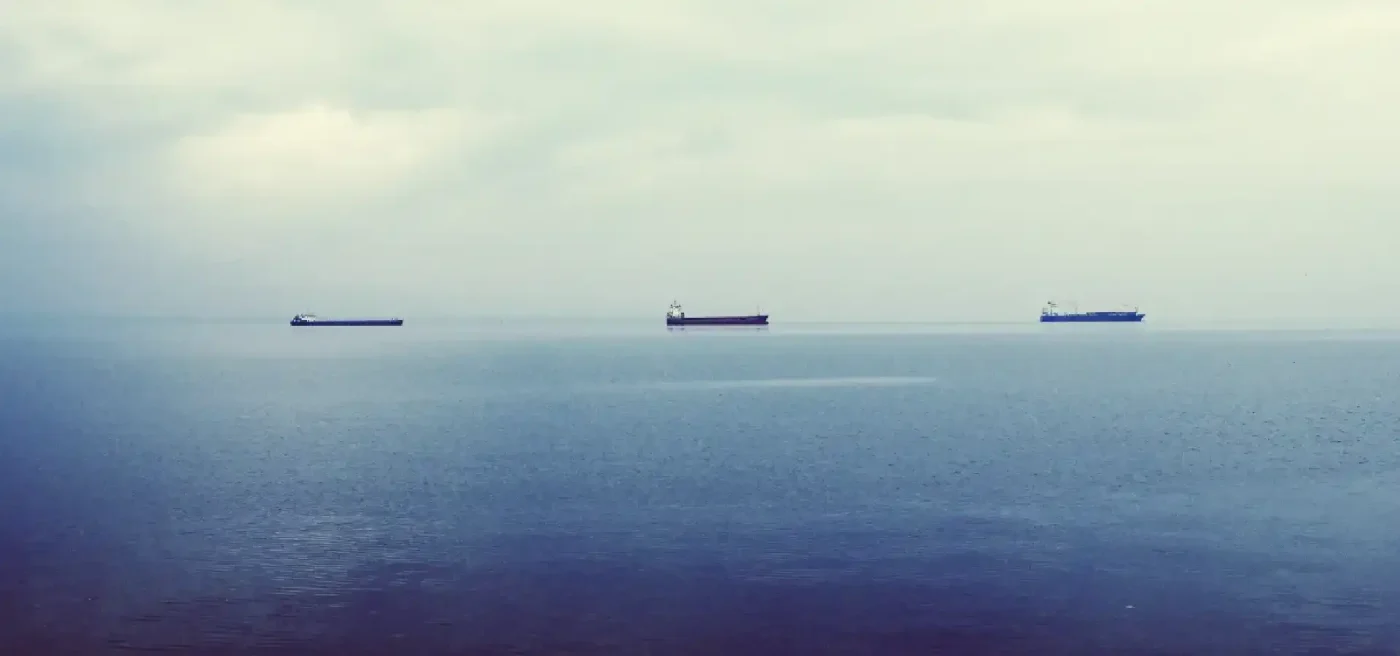Vietnam has issued a strong rebuke to China over its unilateral imposition of a seasonal fishing ban in parts of the East Sea, internationally recognized as the South China Sea. The ban, announced by Chinese authorities in Sanya City, is seen by Hanoi as a direct violation of Vietnam’s sovereignty, sovereign rights, and jurisdiction in the disputed maritime region. The Vietnamese Ministry of Agriculture and Environment has declared the moratorium invalid, urging local fishermen to continue their activities while cautioning against potential aggression from Chinese forces.
A Contested Ban in Disputed Waters
The annual fishing ban, effective from May 1 to August 16, 2025, covers a vast area of the South China Sea stretching from 12°00′N to 26°30′N, including the Gulf of Tonkin, a shared body of water between Vietnam and China. According to the Rural Agriculture Bureau of Sanya City, the moratorium aims to conserve marine resources during the spawning season. However, Vietnam argues that the unilateral nature of the ban disregards international law and established bilateral agreements, particularly in areas where maritime boundaries remain unresolved.
In an official dispatch to the People’s Committees of coastal provinces and cities, Vietnam’s Ministry of Agriculture and Environment emphasized that China’s action “lacks legal value” and infringes upon Vietnam’s rights under the United Nations Convention on the Law of the Sea (UNCLOS). The ministry has called on local authorities to inform fishermen of the ban while encouraging them to maintain their regular operations within Vietnam’s maritime zones. This stance reflects Hanoi’s long-standing position of rejecting China’s expansive claims in the South China Sea, often symbolized by the so-called “nine-dash line,” which overlaps with Vietnam’s exclusive economic zone (EEZ).
Guidance for Fishermen Amid Tensions
The Vietnamese government has taken proactive steps to support its fishing communities in the face of potential confrontations at sea. Coastal provinces have been instructed to organize fishing trips in groups or fleets to ensure mutual support and safety. Fishermen are also advised to remain vigilant, as the ministry has warned of possible aggressive actions by Chinese authorities, including the detention of Vietnamese vessels operating in the affected waters during the ban period.
Local governments are further tasked with enhancing surveillance through the Vessel Monitoring System (VMS), a technology used to track fishing activities and ensure compliance with maritime regulations. The system will also serve as an early warning mechanism, alerting vessels to potential risks. Additionally, any violations by foreign vessels within Vietnam’s waters must be promptly reported to competent authorities for swift action.
The ministry has reiterated the importance of Directive No. 49/CT-BNN-TCTS, issued in 2021, which focuses on strengthening the management of fishing vessels and ensuring the safety of those engaged in fisheries activities. A dedicated hotline (0815 886 188) has been provided for reporting unexpected incidents at sea, underscoring the government’s commitment to protecting its fishermen amid escalating tensions.
Broader Implications for Regional Stability
The fishing ban dispute is emblematic of the broader geopolitical frictions in the South China Sea, a resource-rich region claimed in part or whole by multiple countries, including Vietnam, China, the Philippines, Malaysia, and Brunei. The area is not only a vital fishing ground for millions of people across Southeast Asia but also a strategic maritime corridor through which trillions of dollars in global trade pass each year. Moreover, the seabed is believed to hold significant reserves of oil and natural gas, further intensifying competition among claimant states.
Vietnam’s rejection of the ban comes at a time of heightened regional concern over China’s assertive actions in the South China Sea. In recent years, Hanoi has reported numerous incidents involving Chinese coast guard vessels harassing Vietnamese fishermen, confiscating catch, and even sinking boats in disputed waters. Such encounters have fueled public anger in Vietnam and strained diplomatic relations between the two neighbors, despite their shared history as communist allies.
Analysts suggest that China’s unilateral policies, such as the fishing ban, are part of a broader strategy to assert de facto control over the South China Sea. By enforcing seasonal moratoriums and deploying maritime militia alongside official vessels, Beijing seeks to normalize its presence in contested areas, gradually eroding the claims of other nations. If unchecked, this approach could undermine the multilateral efforts to establish a binding Code of Conduct (COC) in the South China Sea, a framework long negotiated under the auspices of the Association of Southeast Asian Nations (ASEAN).
International Law and Vietnam’s Position
Vietnam’s response to the fishing ban is grounded in its interpretation of international law, particularly UNCLOS, to which both Vietnam and China are signatories. Under UNCLOS, coastal states have the right to manage resources within their 200-nautical-mile EEZ, a principle Hanoi argues is violated by China’s unilateral actions in overlapping areas. Vietnam has consistently called for disputes in the South China Sea to be resolved peacefully through dialogue and adherence to international norms, a position echoed by many ASEAN member states.
In 2016, an international tribunal in The Hague ruled in favor of the Philippines in a landmark case against China, invalidating Beijing’s historical claims within the nine-dash line. While the ruling was hailed as a victory for smaller claimant states like Vietnam, China rejected the decision, maintaining its stance on sovereignty over nearly 90% of the South China Sea. Vietnam, while not a direct party to the case, has leveraged the ruling to bolster its legal arguments against Chinese actions, including the fishing ban.
However, enforcing these legal principles on the ground—or rather, at sea—remains a significant challenge. Vietnam’s navy and coast guard, though modernizing, are outmatched by China’s maritime forces, which include the world’s largest coast guard fleet and a growing naval presence. This asymmetry often leaves Vietnamese fishermen on the front lines of the dispute, facing risks to their livelihoods and personal safety.
Economic and Human Costs
For Vietnam, the South China Sea is not just a matter of national pride but also a critical economic lifeline. The fishing industry employs millions of people, particularly in coastal provinces like Ninh Thuan and Quang Ngai, contributing significantly to the country’s GDP and food security. A unilateral ban, if enforced aggressively, could disrupt fishing activities, leading to substantial economic losses and threatening the livelihoods of countless families.
Beyond economics, the human toll of maritime disputes cannot be overlooked. Stories of Vietnamese fishermen detained by Chinese authorities or returning home with damaged boats are not uncommon. These incidents often spark outrage on social media platforms in Vietnam, where users express frustration over perceived government inaction. While Hanoi has ramped up diplomatic protests and provided support mechanisms like the VMS, many fishermen feel they are caught in a geopolitical struggle far beyond their control.
The psychological impact on fishing communities is also notable. The constant threat of harassment or detention creates a climate of fear, discouraging some from venturing into traditional fishing grounds. For a nation with a deep cultural connection to the sea, such restrictions strike at the heart of community identity and resilience.
Looking Ahead: A Test for Regional Diplomacy
As the fishing ban period unfolds, all eyes will be on how Vietnam navigates this latest challenge in the South China Sea. The government’s directive to maintain fishing activities signals a refusal to back down, but it also raises the specter of further confrontations at sea. Whether Hanoi can balance its assertive stance with pragmatic diplomacy remains an open question, particularly as ASEAN continues to grapple with internal divisions over how to address China’s actions.
For now, Vietnam’s fishermen are preparing to cast their nets under heightened scrutiny, supported by local authorities but wary of the risks ahead. Their resolve to continue fishing in ancestral waters speaks to a broader determination to defend national interests, even as the shadow of regional power dynamics looms large. As one fisherman from Ninh Thuan Province put it, “The sea is our life—we cannot abandon it” said the weathered mariner, echoing a sentiment shared by many along Vietnam’s coastline.
















